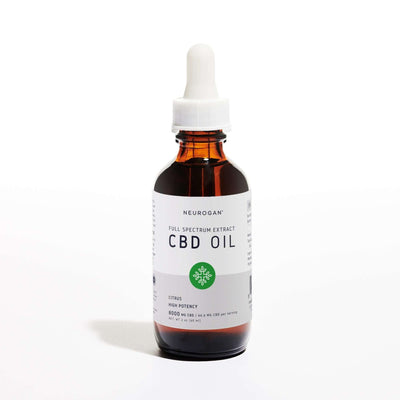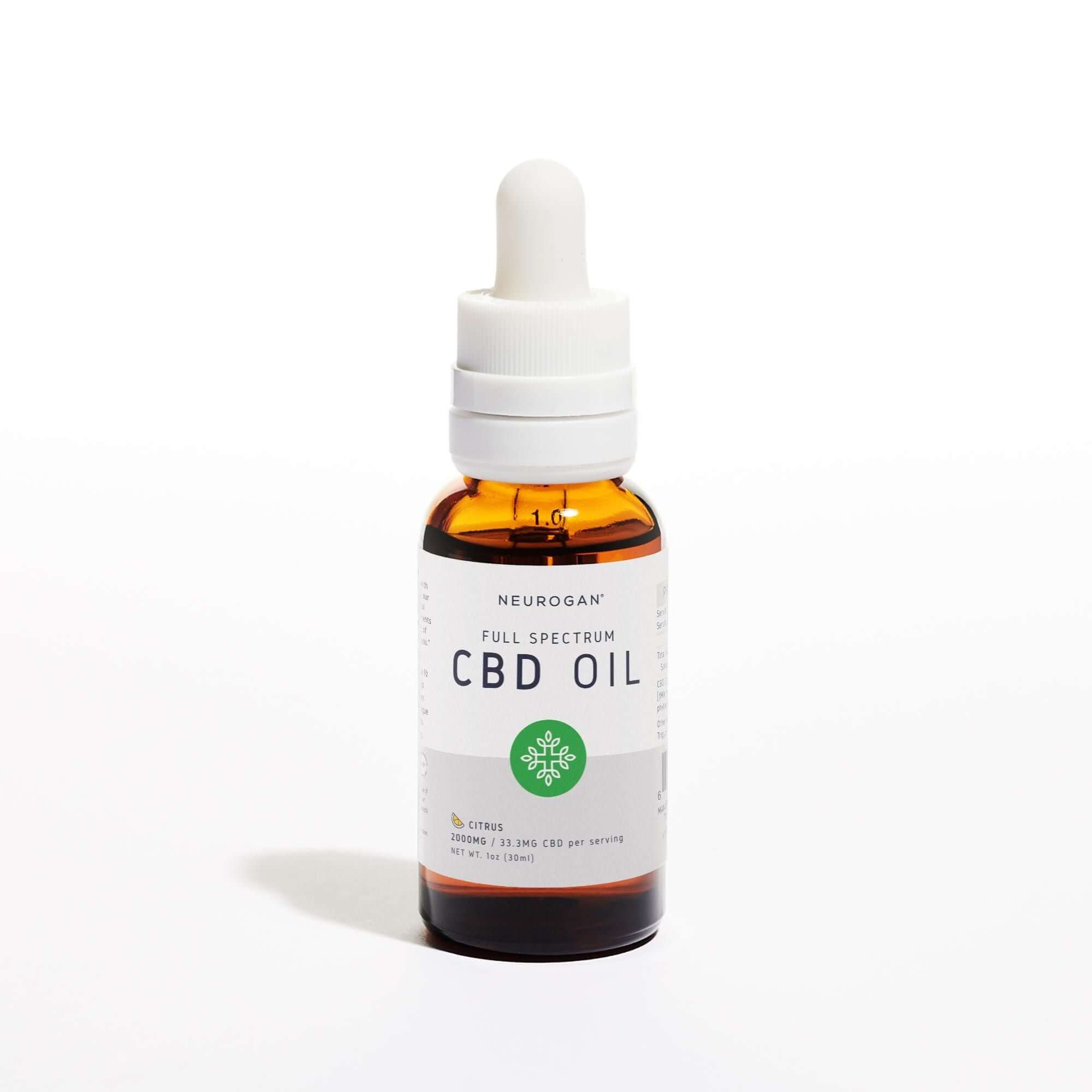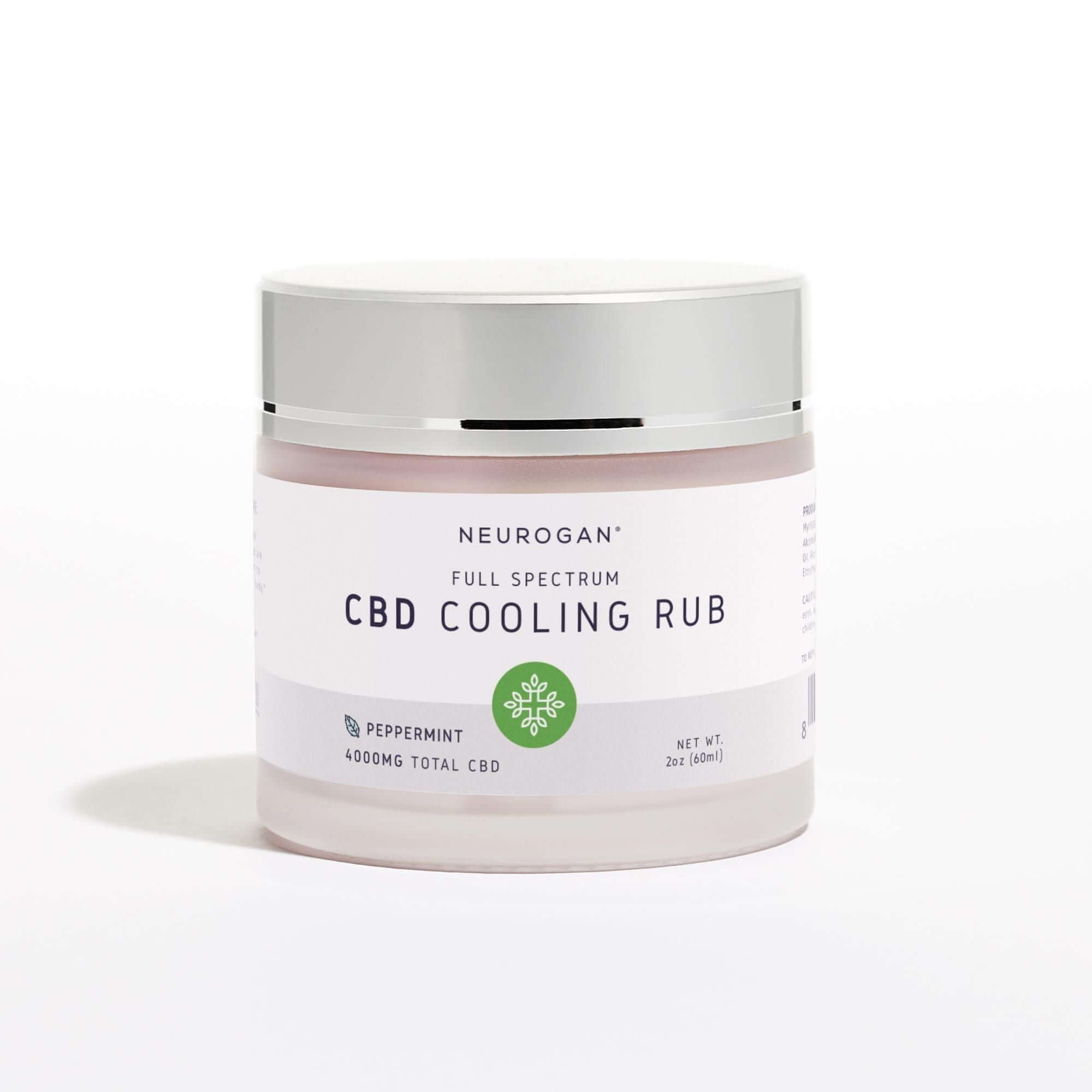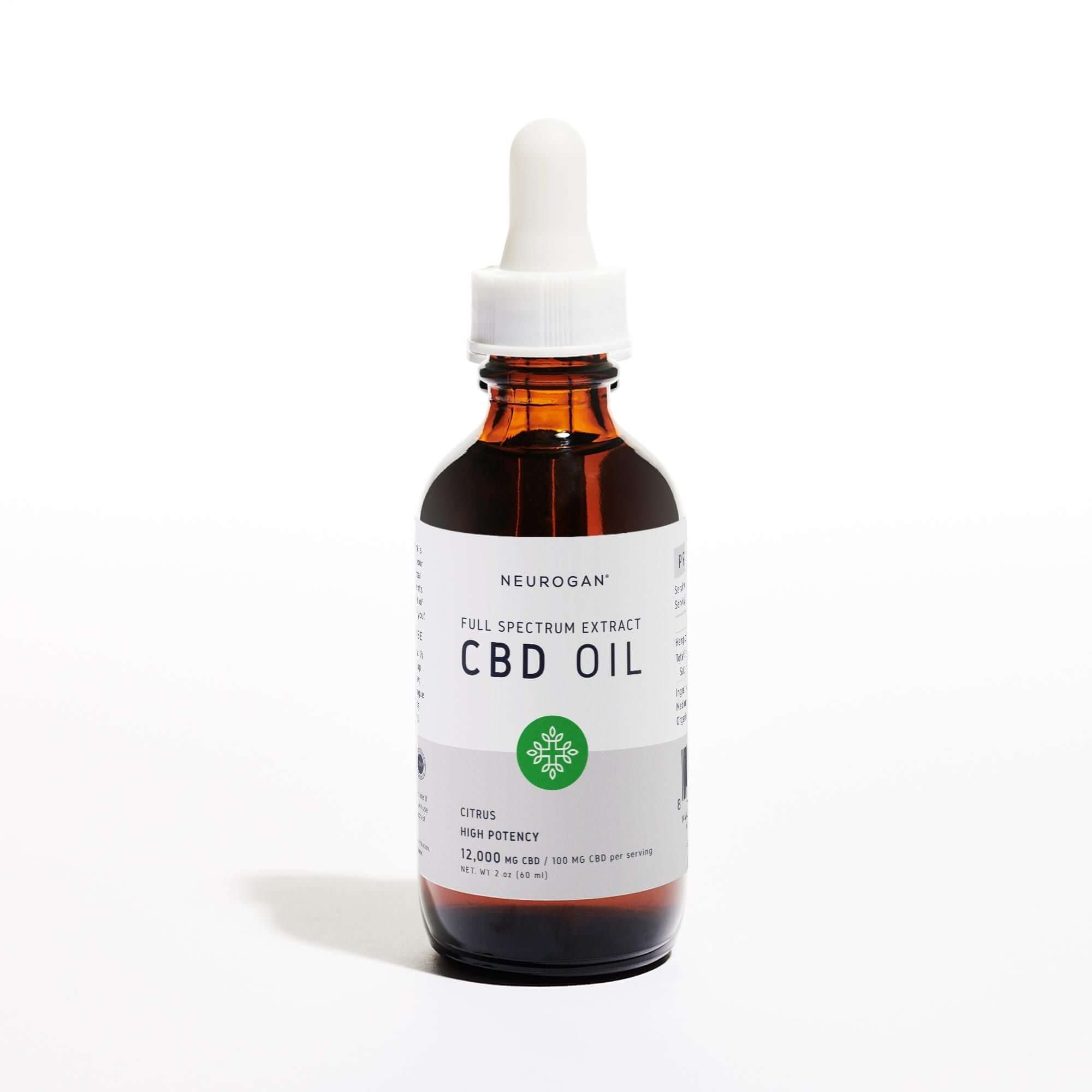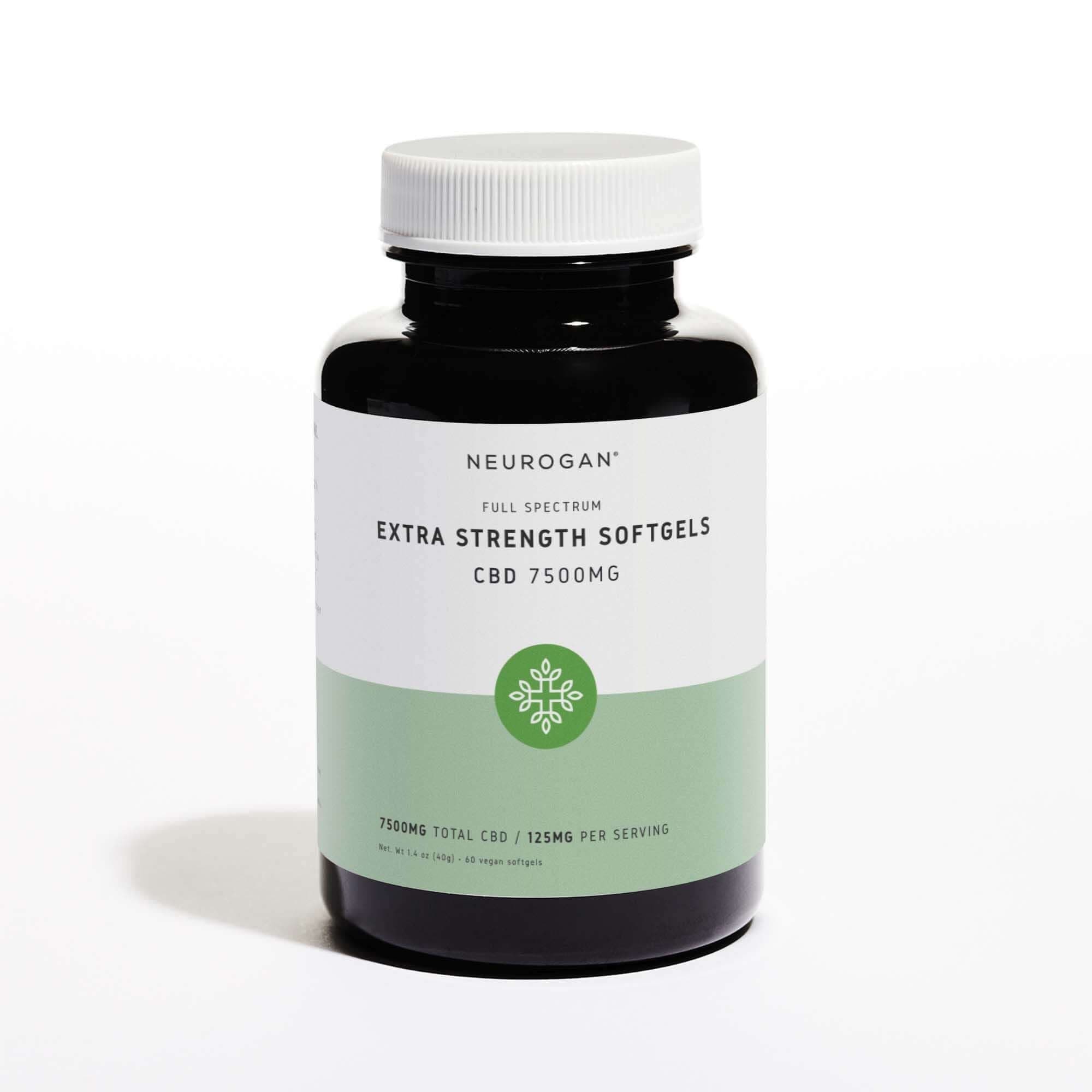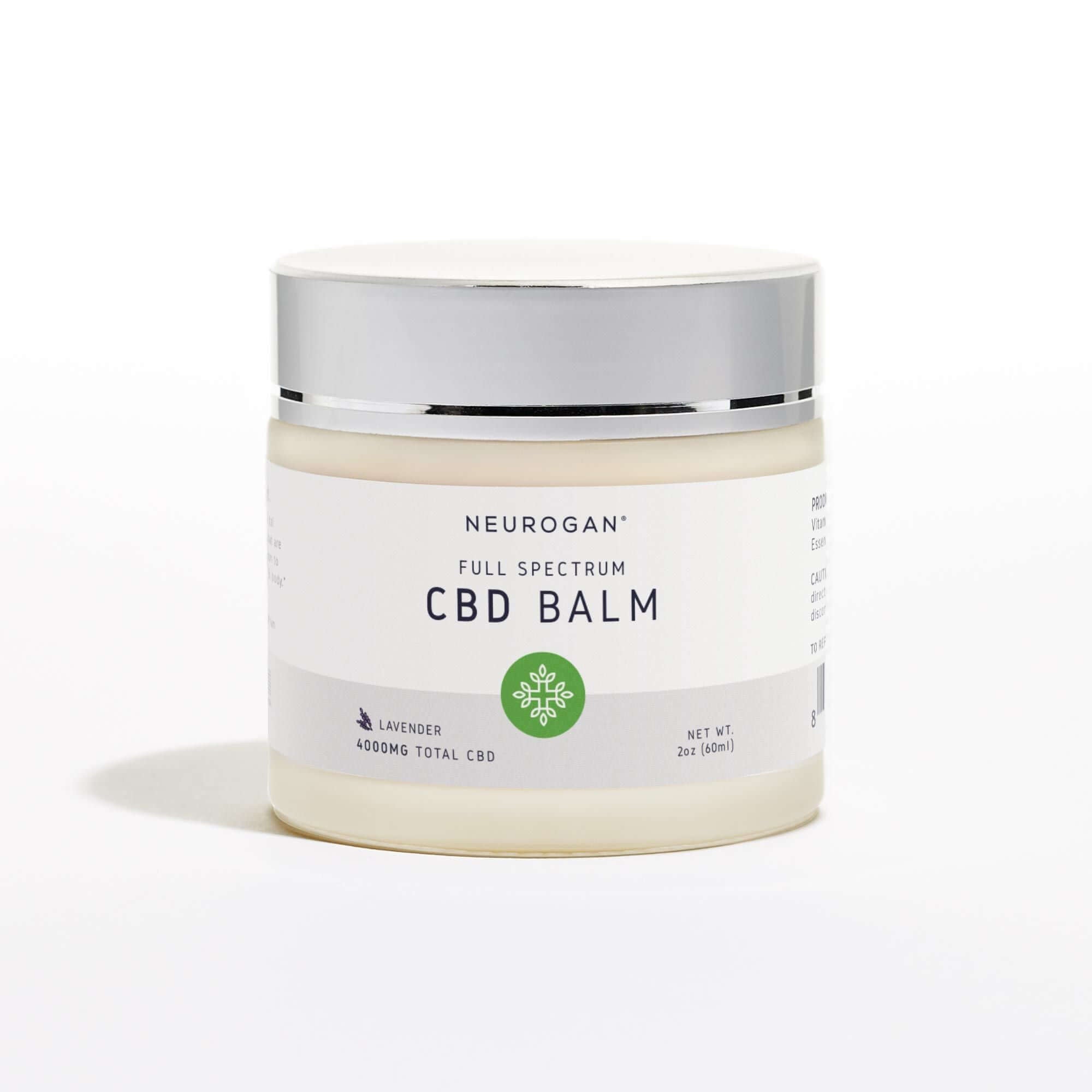If you didn’t already know, hemp is basically a plant superhero.
Hemp is, without a doubt, one of the most versatile plants in the world. It’s been used for centuries for food, medicine, and materials for building and clothing. And though most people are aware of hemp’s versatility, what many don’t know is that industrial hemp is actually good for the environment.
In this article we’ll explore what industrial hemp is, the history of hemp, and the 5 ways that industrial hemp is good for the environment.
What is industrial hemp?
Industrial hemp refers to the use of hemp as a commodity for food, building materials, medicine, clothing, and more.
What is the history of industrial hemp?
One of the first recorded instances of industrial hemp appeared in history as early as 2737 B.C. when Emperor Shen Neng of China was prescribed hemp for medicinal purposes. This appeared as the beginning of industrial hemp’s journey to becoming a worldwide industry force with evidence of it’s foundational importance found in cultures across the world. In fact, it’s said that the vikings grew hemp over 1,300 years ago to create strong, long-lasting textiles for ropes and building materials.
In the United States, hemp was grown as a commodity for its rich fiber content starting in the 1850’s and lasting until the 1930s. However, eventually hemp would come to be considered illegal in the U.S. for several decades, leading to the nationwide ban of its growth.
Today, hemp’s use has become an increasingly intriguing topic due to the continuously evolving and emerging changes in its legal status. 2014 was a hallmark year for hemp, with the induction of the Federal Agricultural Act allowing the cultivation of industrial hemp within certain programs. And a mere four years later, the 2018 Farm Bill legalized and decriminalized the growth of industrial hemp (with THC content under .3%) across the country.

How is industrial hemp good for the environment?
The world economy places a great deal of emphasis on materials and chemicals that don’t always have the nicest environmental impact, including: plastic, nylon, polyester, herbicides, persticides, petroleum, and more. Let’s explore some of the ways that increased reliance on hemp as a commodity across industries could actually serve to help the environment.
1. Industrial hemp creates less waste
Unlike synthetic or plastic materials used to create clothing and other goods, hemp has very little wasteful byproducts. Many of today’s hemp products use the whole plant, ultimately minimizing waste. For example, in the case of full spectrum CBD products, the whole hemp plant is used, including: the leaves, stalks, and flowers.
2. Industrial hemp mitigates the use of harmful pesticides
When pesticides are sprayed on land, they can easily seep into our water systems which wreaks havoc on the integrity of food and water supplies. Fortunately, hemp growth doesn’t require pesticides or herbicides, due in part to the plant’s resilience and natural ability to thwart pests. Through use of this crop, we decrease reliance on plants that require environmentally harmful chemicals to thrive.
3. Industrial hemp helps soil to heal
Perhaps one of hemp’s most incredible attributes is its ability to clean soil. In fact, it works like a natural vacuum cleaner, ridding polluted soil of toxic substances through a process called, phytoremediation. The simple act of growing hemp, results in radical benefits for the soil it's grown in - providing farmers with the ability to clean the environment and heal their soil, all while growing a multi-use plant.
4. Industrial hemp is 100% biodegradable
It was reported in 2015 that Americans used and threw away over 45 billion water bottles made out of plastic. This disturbing statistic hits even harder when you consider that plastic bottles can take 500 to 1,000 years to naturally decompose.
Hemp is an all-natural, plastic alternative that takes, on average, only 3-6 months to decompose.
5. Industrial hemp helps to conserve water
Water is a heavily discussed resource, with many people across the world not having access to clean water on a daily basis.
Common textiles grown for clothing like cotton, can take more than 5,000 gallons of water to produce only a few pounds of raw materials, an obvious waste of limited freshwater resources. Hemp has been shown to use 86% less water to grow than cotton plants, making it a great alternative for water conservation.

In conclusion
The positive attributes of integrating industrial hemp into our soil, bodies, and the global farming community at large, are numerous, including: it's ability to conserve water, biodegrade, mitigate the use of pesticides, heal soil, and create less waste. With your continued support of industrial hemp, we can make the world a better place, together.
Please reach out to us with all of your questions and we'll be happy to speak with you.
FAQ
What is Hemp extract?
A cannabinoid-rich wellness supplement derived from full-grown hemp plants, offered under the wide label Hemp Extract Oil to be market and customer friendly, but which is truly CBD oil.
Which is better? Hemp gummies vs CBD gummies?
Hemp gummies do not include CBD; instead, hemp seed oil is the main ingredient. Unlike hemp flowers, hemp seeds contain no cannabinoids, which means they have no effect on the endocannabinoid system.
What is Hemp tea?
CBD tea contains finely ground, CBD-rich hemp that may be enjoyed just like any other tea. Hemp leaves are naturally high in a wide range of therapeutic cannabinoids, and they communicate with your body's endocannabinoid system to support a normal healing response, healthy mobility, a good night's sleep, and a sensation of serenity.
Do Hemp chews for dogs contains THC?
THC is naturally present in hemp, thus full-spectrum extracts will contain trace levels of this chemical, but always less than the legal limit of 0.3%. This extract contains all of the therapeutic cannabinoids found in hemp, including CBD, CBN, CBD, CBDa, CBC, CBG, and others.





